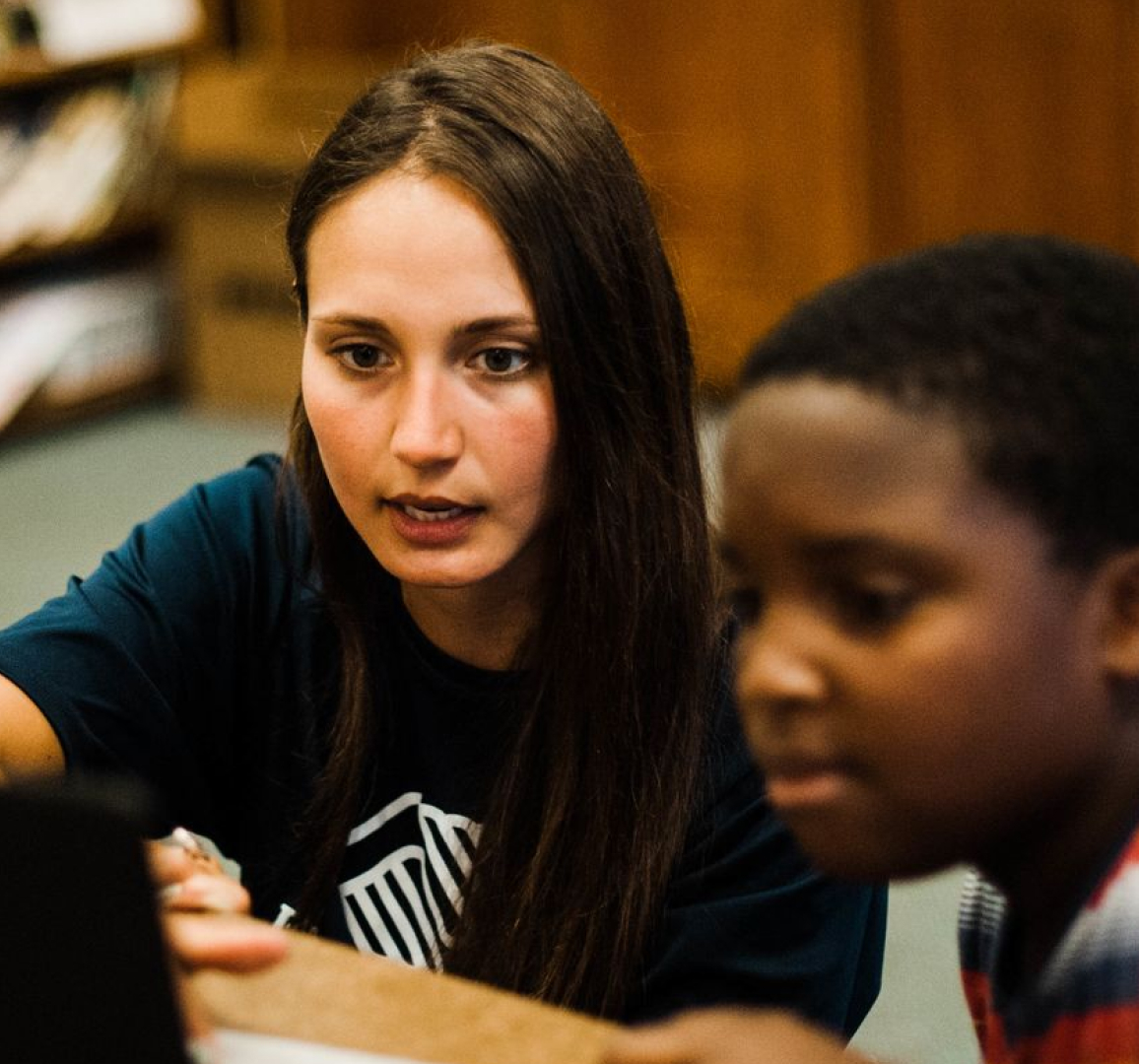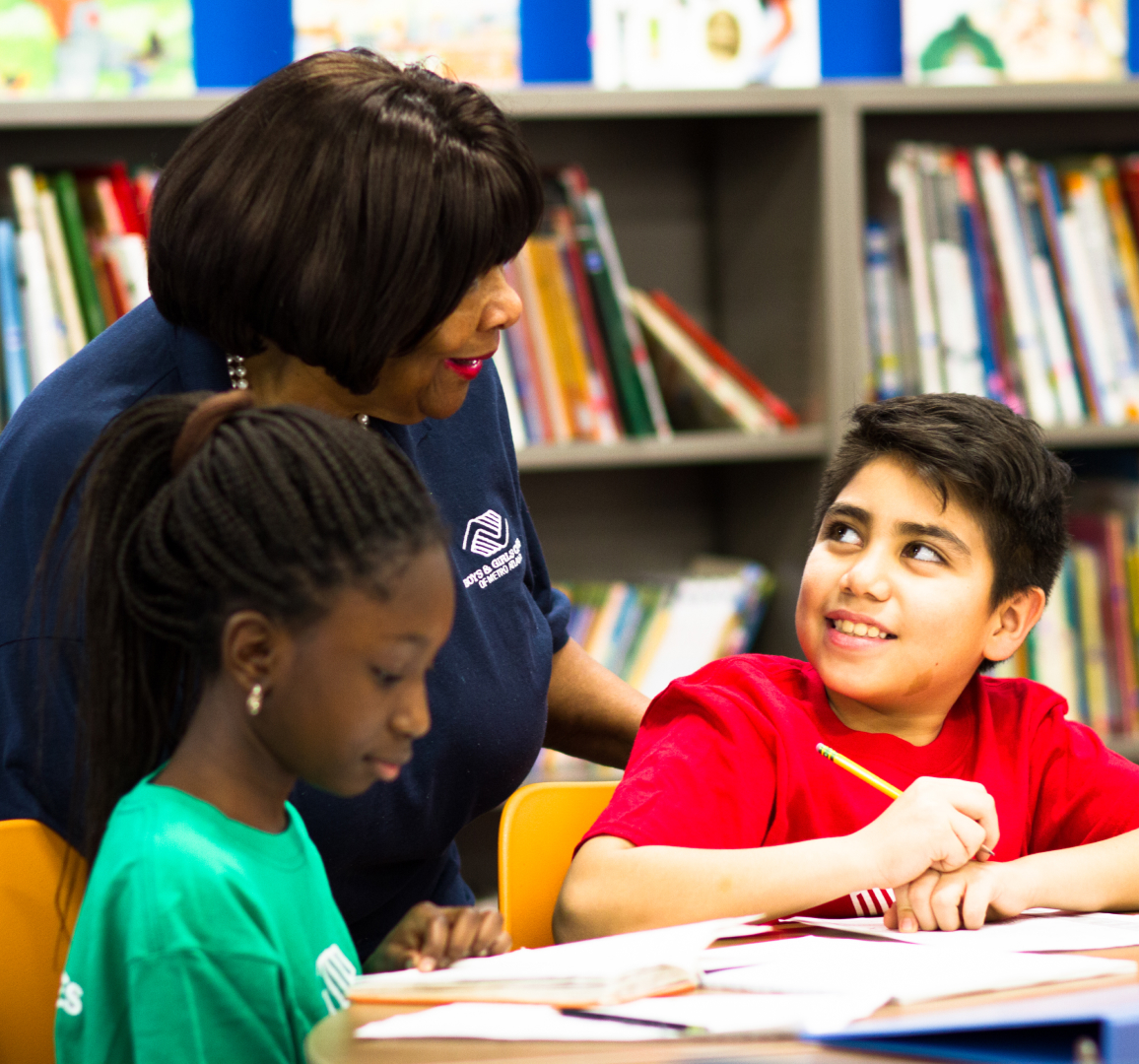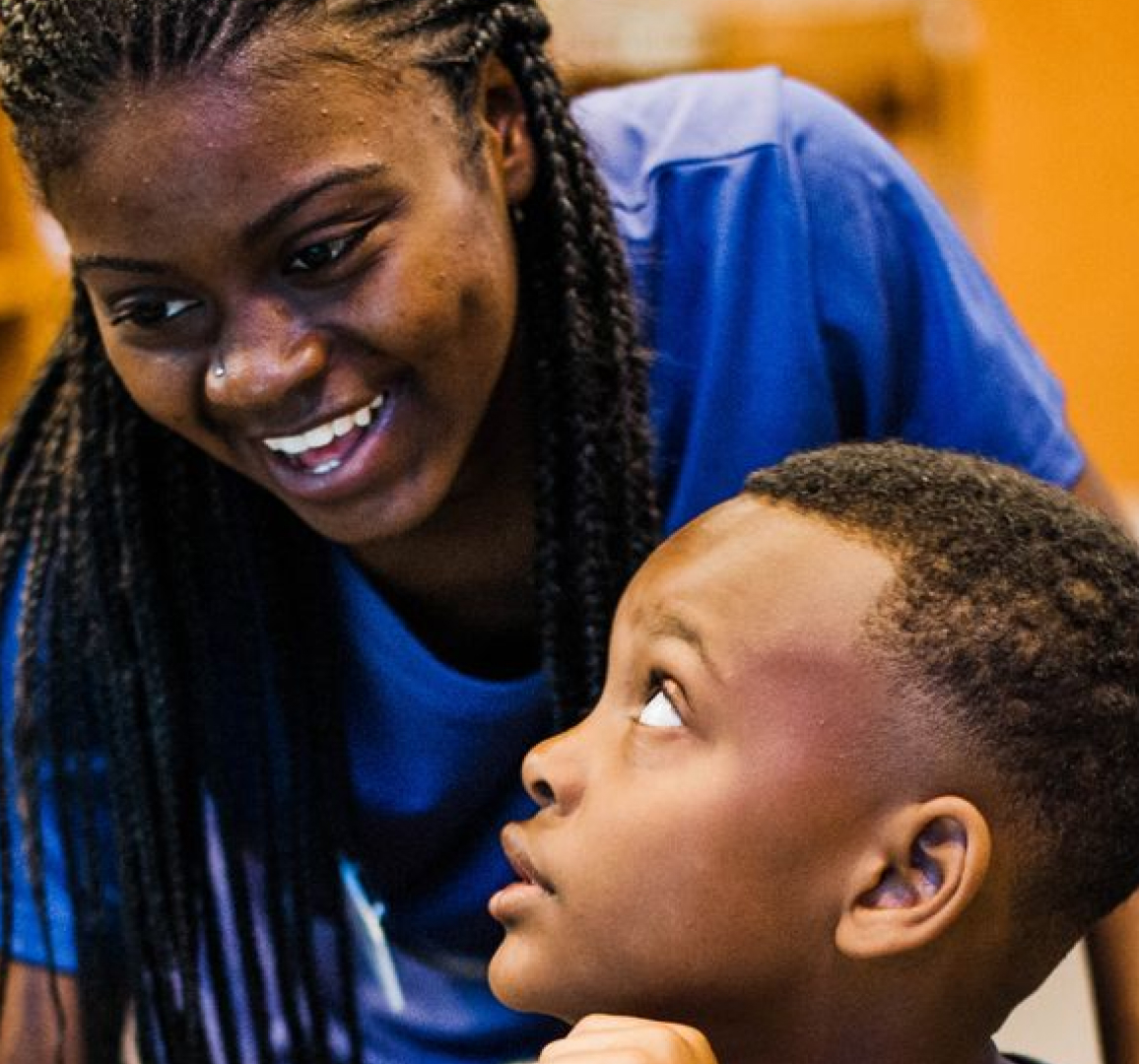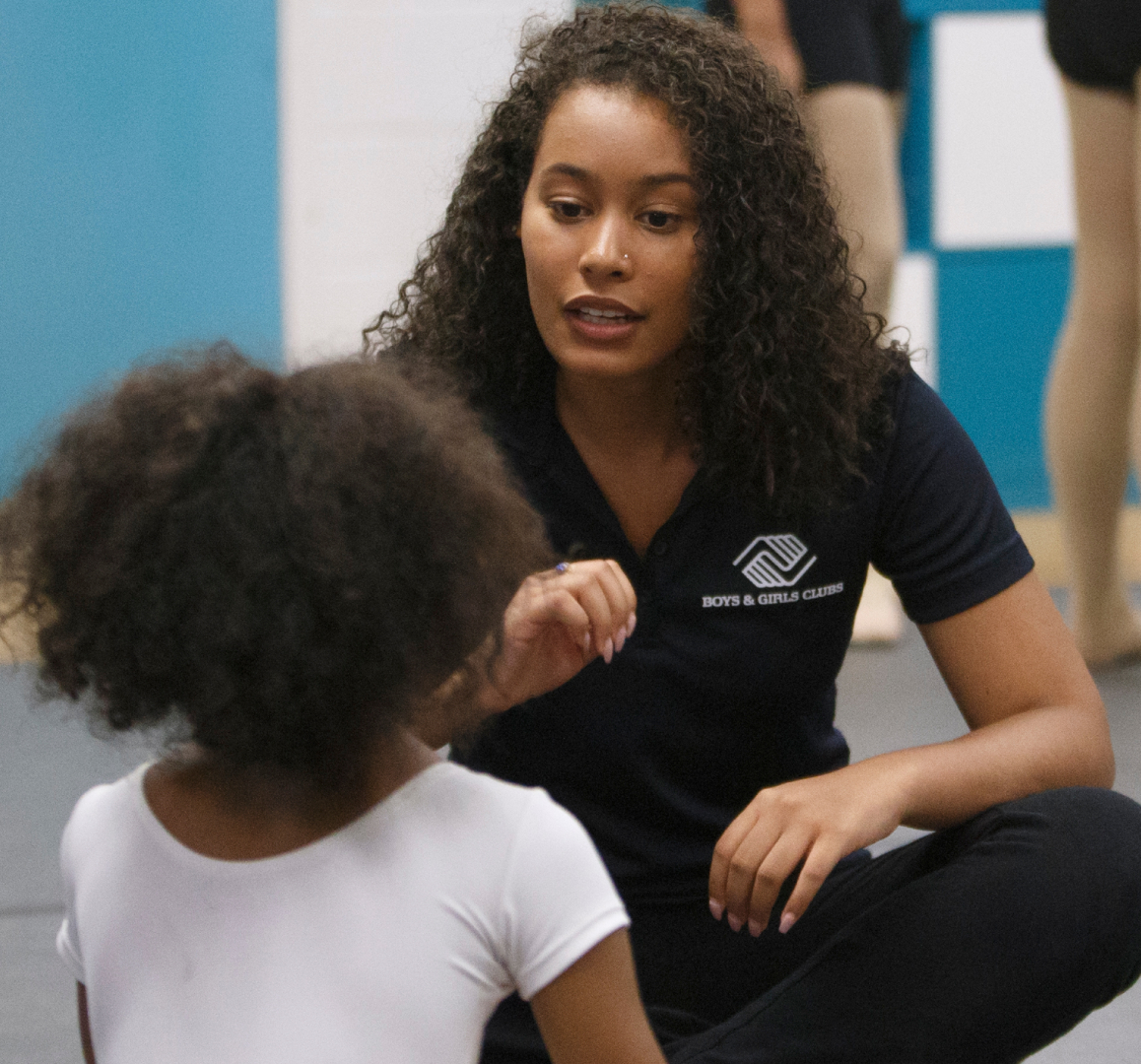Behavior Support Toolkit:
A Trauma-Informed Approach to Behavior Support
How To Use This Toolkit
how your Club can promote positive behavior and respond to challenging behavior in a constructive way?
your Club a had a system so that all staff knew how to respond to youth behavior in the same way?
in creating a Club culture that supports and encourages positive youth behavior?
We respond to behavior based on how we understand it. The way we understand behavior impacts how we feel about it, how we talk about it, and ultimately, how we structure behavior support policies and practices.
The Behavior Support Toolkit is designed to help Club directors and managers assess their Club or Youth Center’s current behavior support strategy, create new behavior support policies, and learn effective behavior support practices. The toolkit will introduce a wide variety of resources to support youth.
The behavior support approach outlined in the toolkit incorporates trauma-informed concepts and values with the goal of creating safe and supportive interactions with youth to build skills. To learn more about Boys & Girls Clubs of America’s trauma-informed approach, visit BGCA.net/trauma-informed.
The Behavior Support Toolkit has moved! Please follow this link to the new version of the toolkit available to all Boys & Girls Clubs Professionals: BEHAVIOR SUPPORT TOOLKIT – BGCA.net
Policies
Policies are written guidance on how Club professionals, youth, and families are expected to act.
Examples include: membership packets, employee handbooks, and program expectations
Practice
Practices are the actions that Club professionals take to respond to and support youth behavior.
Examples include: creating group agreements, and how they respond to challenging behavior
Programs
Programs are the activities and experiences youth are guided through while at the Club.
Examples include: structured programs, discussions, and activities



